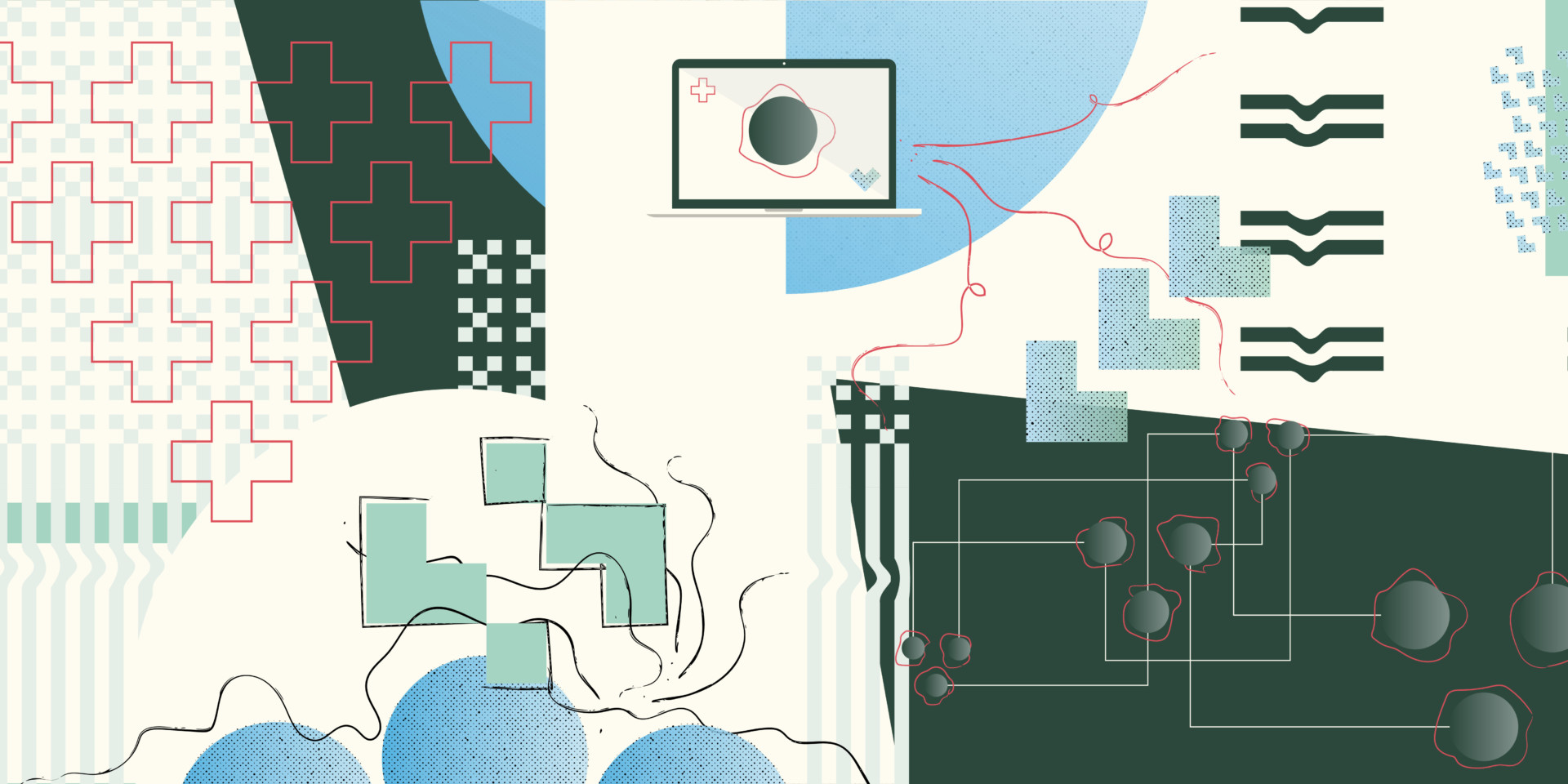Adaptive Learning Is Everywhere
You may not know it, but chances are you’re already using adaptive learning systems every day. They’re what enable platforms like Netflix, Amazon, and Spotify to respond to what you like and dislike by serving up “recommendations for you” that are actually pretty good.
Take Spotify, for example. At the moment your playlist runs out of songs, Spotify flawlessly picks up the slack and plays a song similar to those in your playlist—almost without you noticing! For many users, this is a win. You discover new artists which encourages you to create new playlists which causes Spotify to generate still more suggestions—the cycle goes on and on.
Even though it hasn’t been part of our world for very long, we take this adaptive responsiveness for granted as part of our daily consumer experience. For the service providers, adaptive responsiveness is an amazingly powerful form of marketing, because we experience it as a value-add, not as an “ad.” It is, quite simply, engaging. It even makes us want to rate our purchases and videos so that we can get more and better recommendations.
Now, imagine that same kind of experience in an educational or training context, and you’ve got an idea of how adaptive learning is structured and how it feels for the learner: Everything they do changes how the learning platform interacts with them.
Adaptivity in Education
An adaptive learning platform is a digital tool capable of engaging in an individualized call-and-response relationship with each learner. The learner can be anyone from traditional academic degree seekers to sales professionals for a particular business. The learning experience can happen anywhere at any time, via a laptop, tablet, or phone.
Rather than marching each individual through the same steps regardless of their level of knowledge, the adaptive learning system allows individuals to skip past things they already know and provide additional materials for study when an area of difficulty is encountered.
In the traditional school setting, adaptivity has been incorporated into computerized standardized testing for more than a decade—making it less standardized and a better measure of each student. Providers like the Smarter Balanced Assessment Consortium are gaining traction by using adaptive learning strategies for testing. When a student provides an incorrect answer, the system will respond by asking more questions in the same area to determine the extent of the missing knowledge. When a student provides a correct answer, the system will serve up increasingly difficult questions, until it discovers the limits of the student’s knowledge. This process is called “gap identification.”
If you flip the proposition from evaluating what a student already knows to teaching something the student doesn’t know yet, the principles are similar. An adaptive learning system will perform that “gap identification,” but it will use it to decide what to teach you next and what lessons you can skip. The objective is to eliminate all of your gaps as efficiently as possible, while ensuring you really do know the material.
How Adaptivity Changes the Learning Experience
The “choose your own adventure” quality of adaptive learning platforms is what sets them apart from digital learning platforms that treat every learner the same way. At their best, adaptive learning platforms behave like one-on-one instructors. The learner and the instructor enter into a dialogue in which the instructor is meaningfully responding to the learner’s input.
This gives adaptive learning systems a psychological edge over non-adaptive systems, because learners walk down a personalized learning path and know that their level of performance will impact how fast they can go. This responsiveness makes adaptive learning more affirming, motivating, and rewarding—which are all key to learner success.
